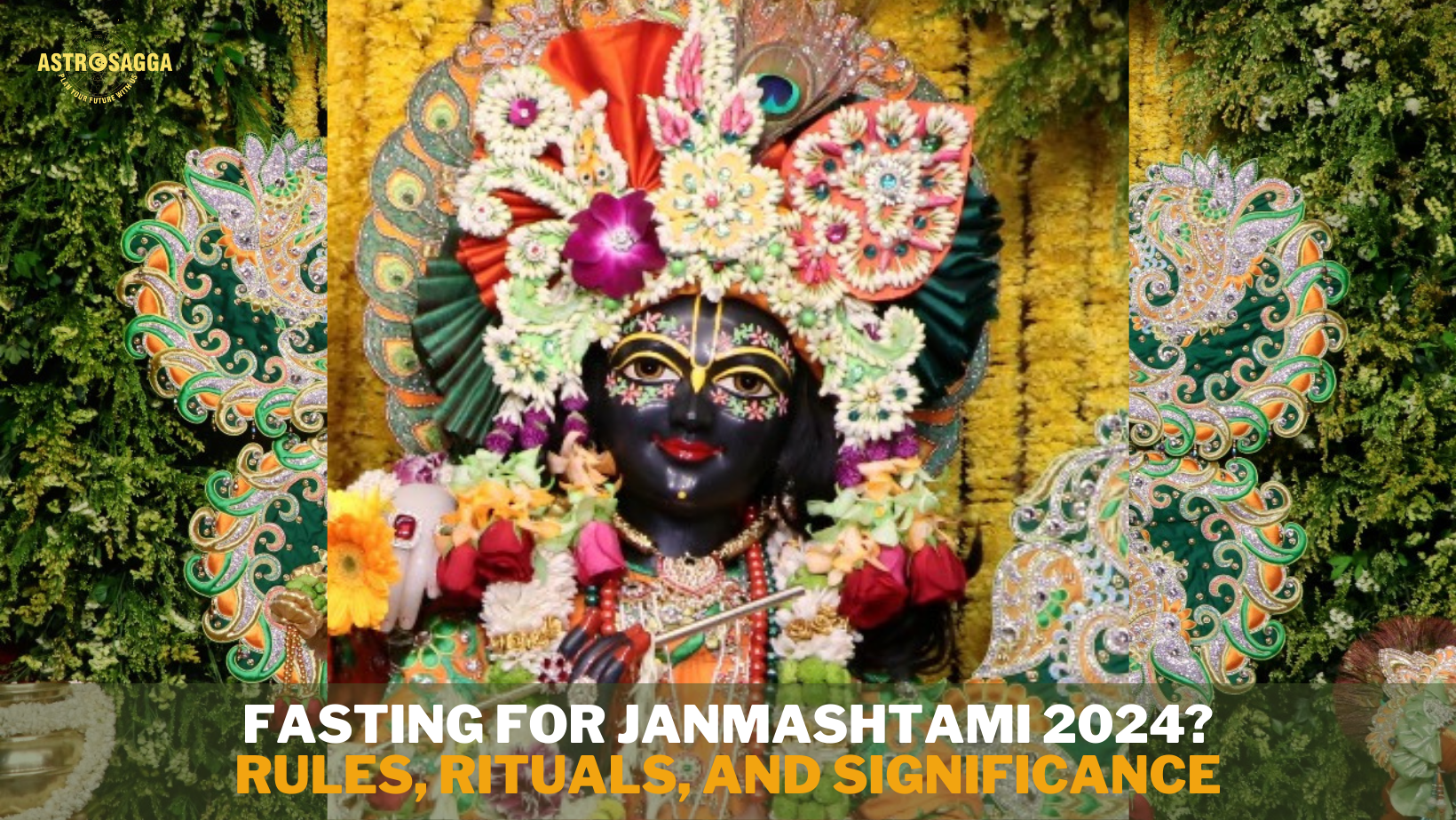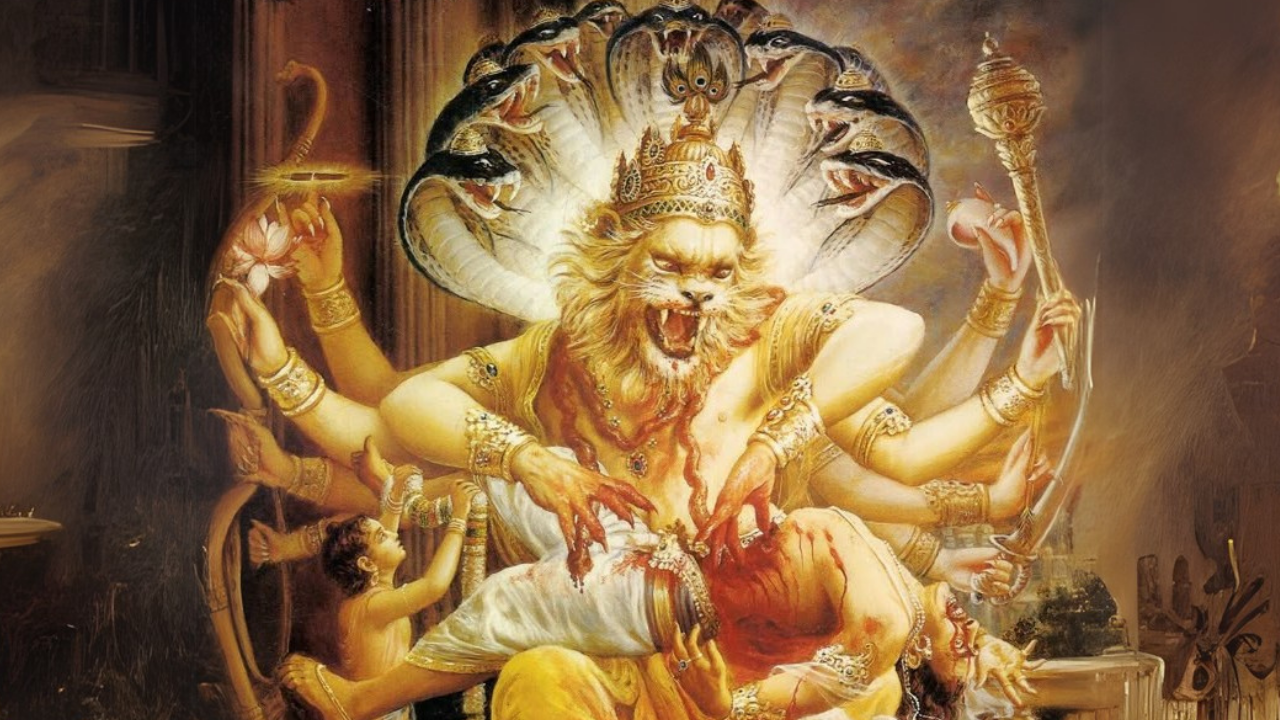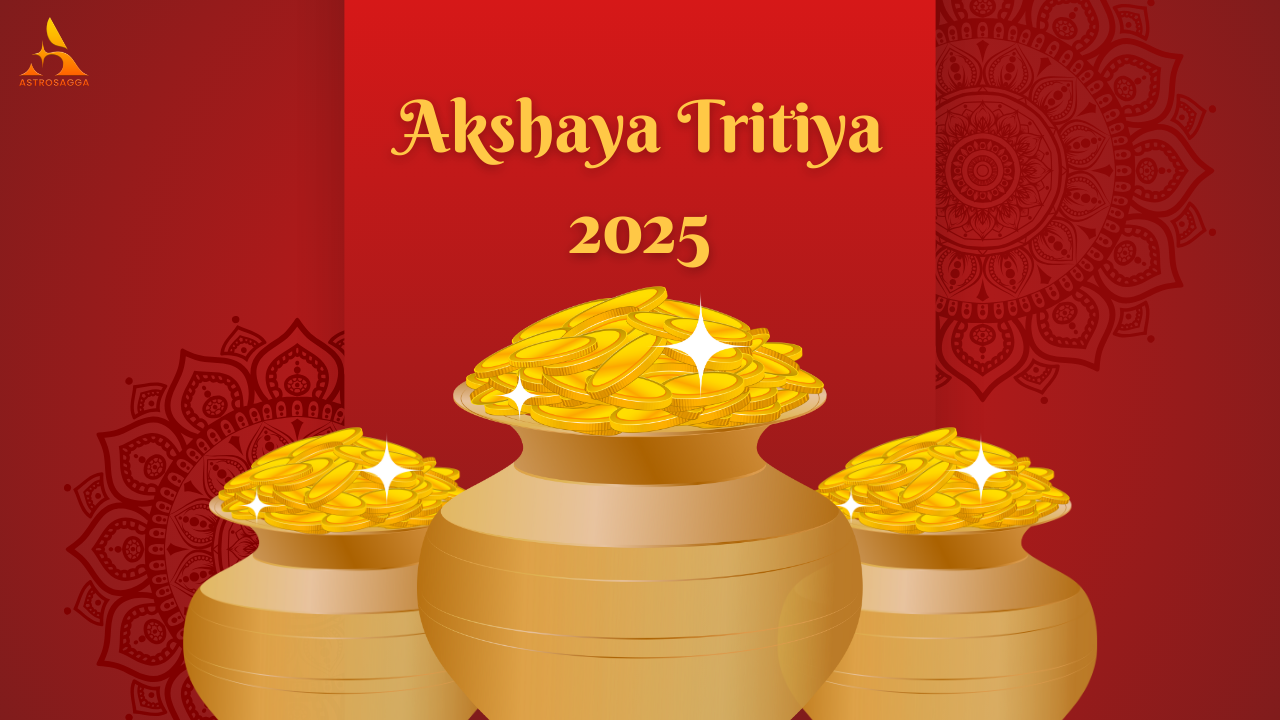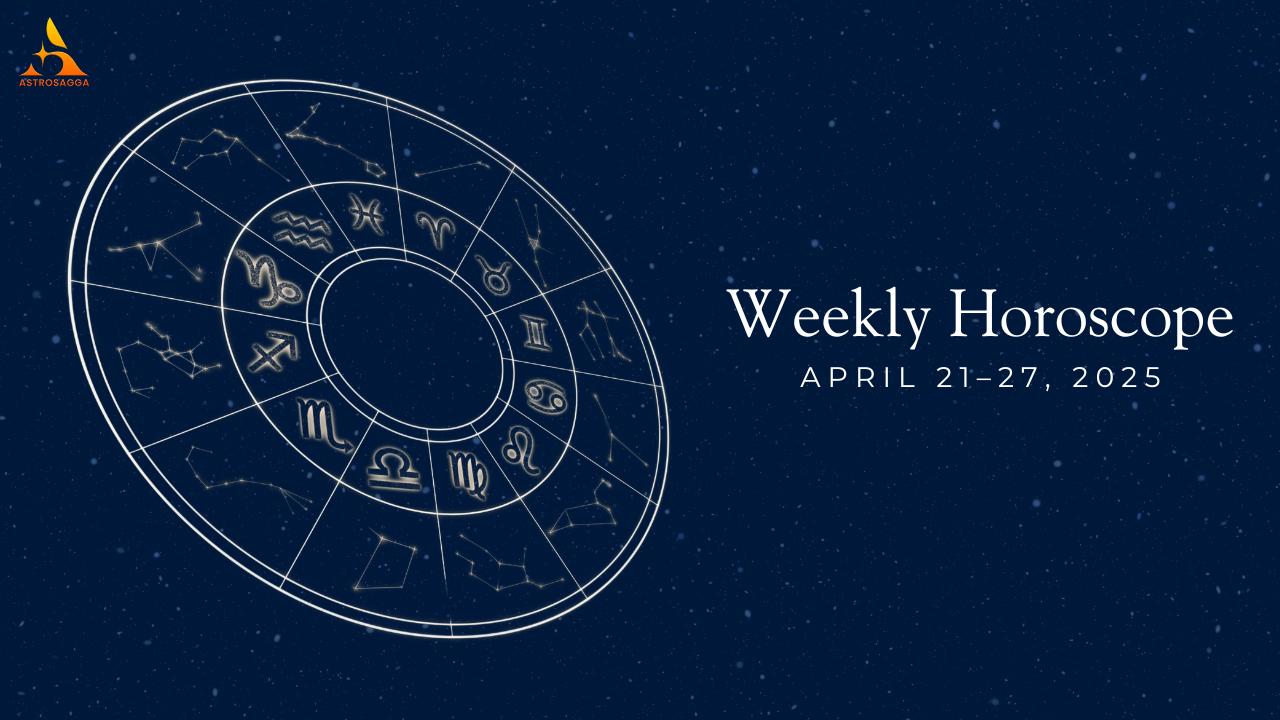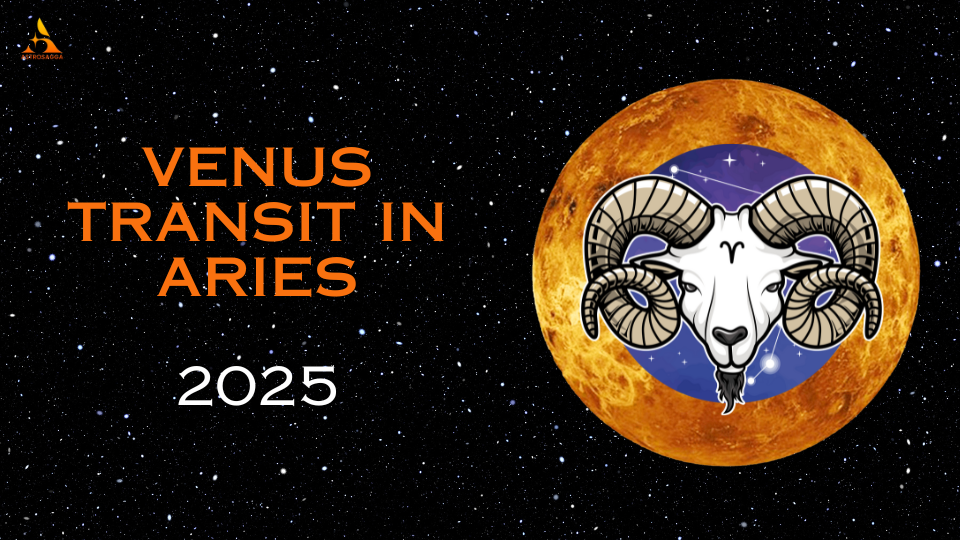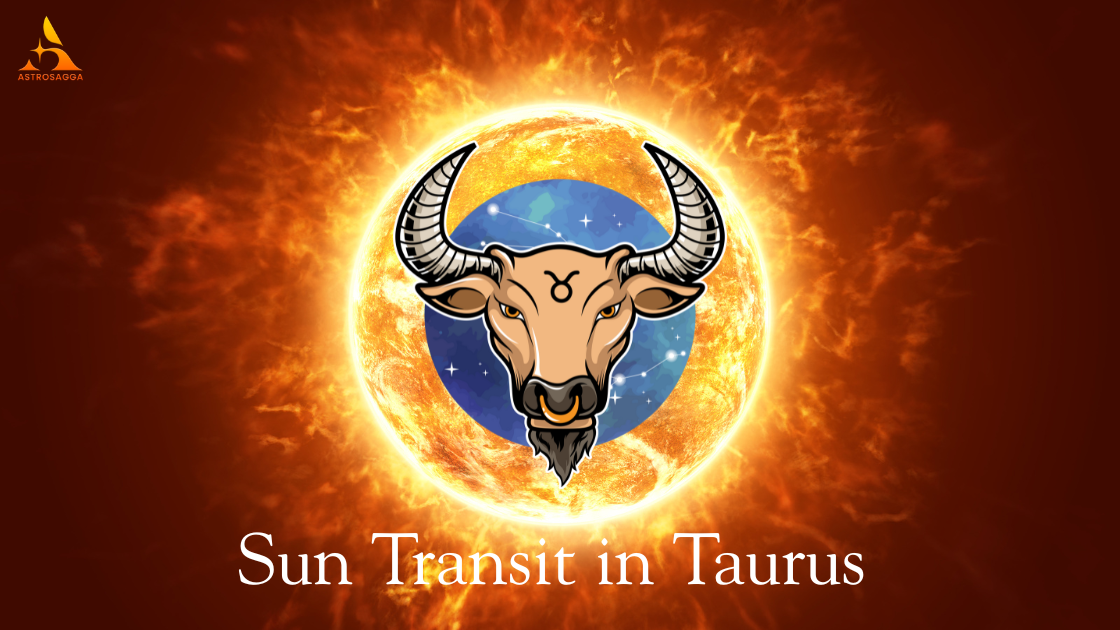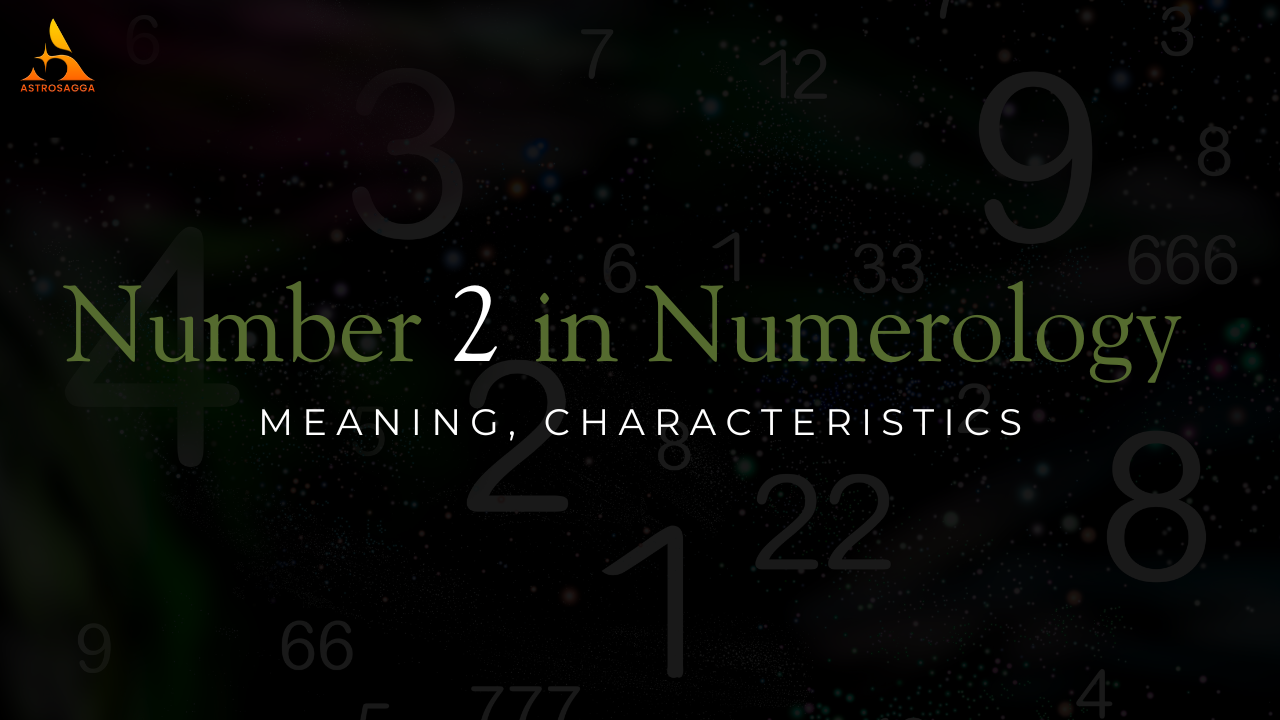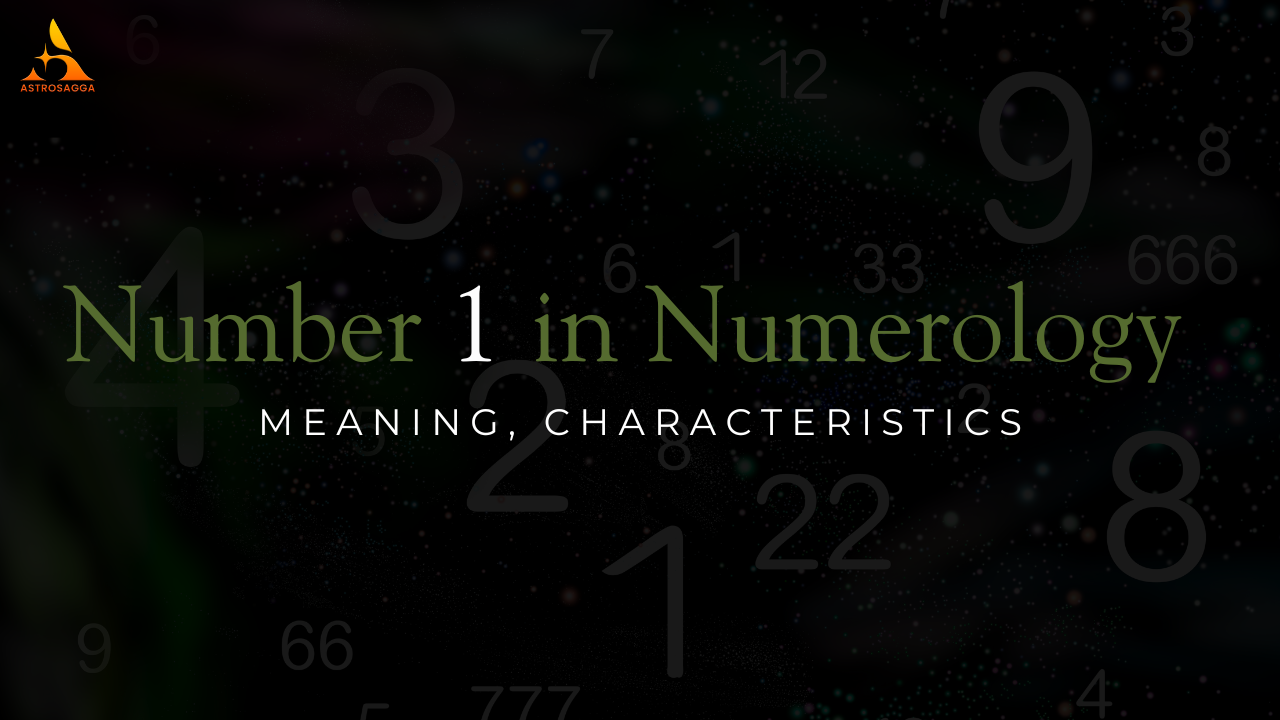Janmashtami, the joyous celebration of Lord Krishna's birth, is one of the most significant festivals in the Hindu calendar. It falls on the eighth day (Ashtami) of the Krishna Paksha (dark fortnight) in the month of Bhadrapada. In 2024, Janmashtami will be observed on August 26th, and devotees across the world will engage in various rituals, including fasting, to honor the birth of the divine child.
Significance of Janmashtami
Janmashtami is celebrated to commemorate the birth of Lord Krishna, the eighth avatar of Lord Vishnu, who is revered as the protector of dharma and the destroyer of evil. His teachings, as documented in the Bhagavad Gita, continue to guide millions. The festival symbolizes the victory of good over evil and the importance of leading a righteous life.
The Importance of Fasting on Janmashtami
Fasting on Janmashtami is not just a ritualistic practice but a spiritual discipline that helps devotees connect with Lord Krishna on a deeper level. It is believed that by observing a fast, one can purify the body and mind, making it easier to focus on the divine. Fasting is also seen as a form of penance and devotion, allowing the devotee to express their love and reverence for Lord Krishna.
Rules and Rituals for Fasting on Janmashtami
Types of Fasting:
Nirjala Fast: The most stringent form of fasting where devotees abstain from both food and water for 24 hours.
Phalahar Fast: In this fast, devotees avoid grains and cereals, consuming only fruits, milk, and water throughout the day.
Ekadashi Fast: Some devotees follow the Ekadashi style of fasting, where they consume only one meal a day without grains or pulses.
Preparation for the Fast:
Purification: Begin the day with a ritual bath and wear clean, preferably new clothes. Clean the puja room or space where the fast will be observed.
Sankalpa: Take a vow or Sankalpa in front of the deity to observe the fast with sincerity and devotion. This is a pledge to abstain from food and dedicate the day to spiritual practices.
Read Also - Krishna Janmashtami 2024: The Divine Birth of Lord Krishna
Puja and Bhajans:
Krishna Abhishekam: Perform a ritualistic bath of the idol or image of Lord Krishna with panchamrit (a mixture of milk, yogurt, honey, ghee, and sugar) followed by dressing the deity in new clothes and ornaments.
Bhajans and Kirtans: Throughout the day, engage in singing bhajans (devotional songs) and kirtans (group singing) praising Lord Krishna.
Midnight Celebration:
Since Lord Krishna was born at midnight, the most significant rituals are performed at this time. Devotees gather for a special midnight aarti, followed by the breaking of the fast.
Offering Prasad:
Prepare offerings such as fruits, sweets, and dishes made from milk, as Lord Krishna is known for his love of dairy products. The prasad is distributed to all after the fast is broken.
Breaking the Fast
The fast is traditionally broken after the midnight aarti, which marks the birth of Lord Krishna. Devotees consume the prasad and a simple meal, usually consisting of fruits, nuts, and light dishes made without grains.
Spiritual Benefits of Janmashtami Fasting
Fasting on Janmashtami is believed to cleanse the body and mind, helping devotees attain spiritual upliftment. It is a way to surrender oneself to the divine will and develop self-discipline. Moreover, the fast is seen as a means to earn divine blessings, leading to a life of prosperity, health, and happiness.
Conclusion
Janmashtami fasting is more than just an act of abstinence; it is a sacred observance that allows devotees to immerse themselves in the love and devotion for Lord Krishna. By following the rules and rituals with a pure heart, one can experience the true essence of this divine festival and seek the blessings of Lord Krishna for a life filled with peace, joy, and spiritual fulfillment.


